Avoid These Common Pitfalls When Editing a Wikipedia Page
Discover the most common mistakes to avoid when editing a Wikipedia page. Learn how experts maintain accuracy, neutrality, and credibility to ensure long-term success.

Introduction
It is now widely used and appreciated around the world as a top source of information. Since millions depend on it for honest and objective facts, making updates to Wikipedia carries a large burden. If you’re adding to an article about someone, a business or an event, checking that everything meets Wikipedia’s rules is highly important. Even though most editors have good intentions, they often fall prey to some usual risks in their work. Being aware of these problems will keep your edits from getting damaged over time and protect Wikipedia.
Ignoring Wikipedia’s Notability Guidelines
Many editors make the mistake of ignoring the strict rules about notability on Wikipedia. Pages or content on Wikipedia must be supported by main secondary sources that discuss the subject widely. Edits made in ways that do not follow WikiCite’s guidelines may be deleted. Many new editors post information from their own experience or original materials, but Wikipedia warns against doing so. Making sure the topic is notable is something you should do before you begin any edit. As a result, your contribution will pass review and keep its place on Wikipedia, instead of being challenged or deleted by users.
Using Promotional or Biased Language
Always try to keep your tone neutral while making changes to editing a Wikipedia page. All Wikipedia material must be impartial, correct and have no commercial purpose. Yet, a lot of editors write as if they are advertising the book or offering personal opinions. Labeling someone as the best or a company as revolutionary, without backing from someone else, can result in your work being edited or deleted. They write factually, similar to an encyclopedia and stay neutral while reporting on achievements and events. Staying away from biased writing helps make Wikipedia truthful and fair.
Relying on Unreliable Sources
Wikipedia works because you can easy check the accuracy of its facts. All new information you include on your page should be verified by using well-regarded secondary sources, including news articles, books and academic papers. A certain number of contributors depend on materials that fail to meet the site’s trustworthiness requirements. The existence of these sources can decrease the truthfulness of the article and make it more likely that content will be removed. You should evaluate all your sources and put the most value on those with an editor and a clear sense of independence. It is important because it helps you support Wikipedia’s goal of offering reliable knowledge.
Skipping Proper Citation Format
Another common error is neglecting proper citation format. Even straight facts might be doubted if they aren’t acknowledged properly. Wikipedia wants references to be well-identified, correctly formatted and include links when these are provided. If you do not respect these rules, other editors may flag or delete your content. Also, correct citation styles enable readers to verify the information which improves trust in the writers. Spending time to follow Wikipedia’s citation rules makes your work more long-lasting.
Editing with a Conflict of Interest (COI)
handling editing by editors with conflict of interest is not easy but very important for Wikipedia’s success. When editors change pages tied to themselves, their employers or clients, but fail to mention their connection, this happens. Wikipedia does not support such changes because they may add bias and affect the website’s neutrality. When you need to update a page containing possible COI, offer your suggestions on the article’s talk page so that independent editors can judge them. Because this move is upfront about who makes it, readers won’t see your corrections as advertising.
Overlooking Community Guidelines and Talk Pages
It is not simply a dead-end encyclopedia; it is built by its community which relies on community consensus to guide its content. New editors sometimes fail to notice that engaging with the community on these pages is very useful. If there are conflicts or changes people disagree with, these channels ensure everyone can agree and learn what the community values. If you don’t follow this teamwork, it is possible that your edits will be unreversed or locked. Getting involved in Wiki discussions allows you to pick up tips from experienced users and improve what you add to articles.
Failing to Monitor Changes and Edits
Making your edits only leads to new work. Everyone can access Wikipedia pages, so they can easily be changed with vandalism, false facts or biased information. Failing to watch your sharing can lead to your thoughtful content being weakened or taken down by the community. You can watch pages where you have changed content by placing them in your watchlist. Quickly dealing with adjustments that are inaccurate or intended to confuse others supports the page’s quality and reliability. Careful monitoring helps to assemble your contributions in a respected manner within Wikipedia.
Conclusion
Straightening out information on Wikipedia allows you to add your part, however, it must be done thoughtfully, following the rules. If you don’t make these usual errors—skipping notability, using bias in your writing, relying on weak sources, skipping citations, hiding conflicts, not sharing responsibilities and not keeping track of edits—your contributions are likely to last and be of higher quality. Using these tips as your guide helps you support Wikipedia’s goals and teaches readers globally.






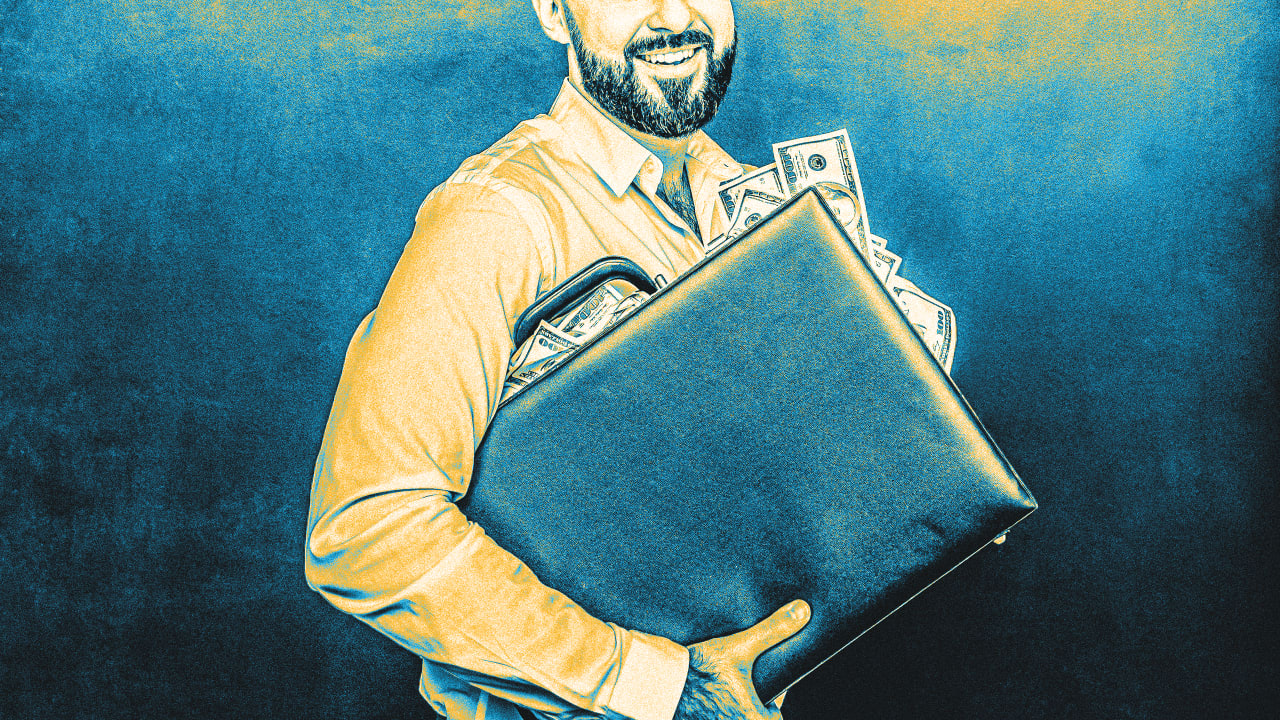



























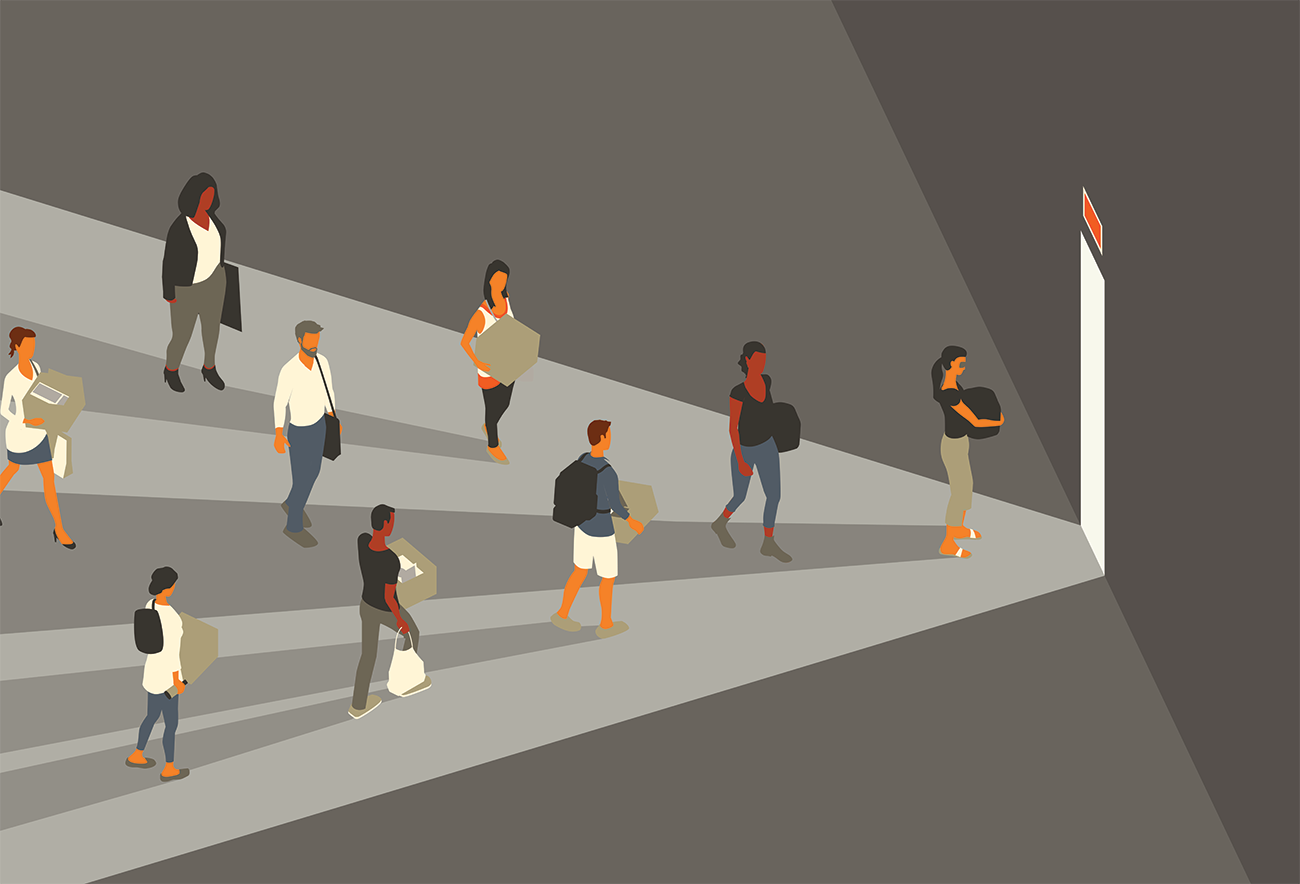
































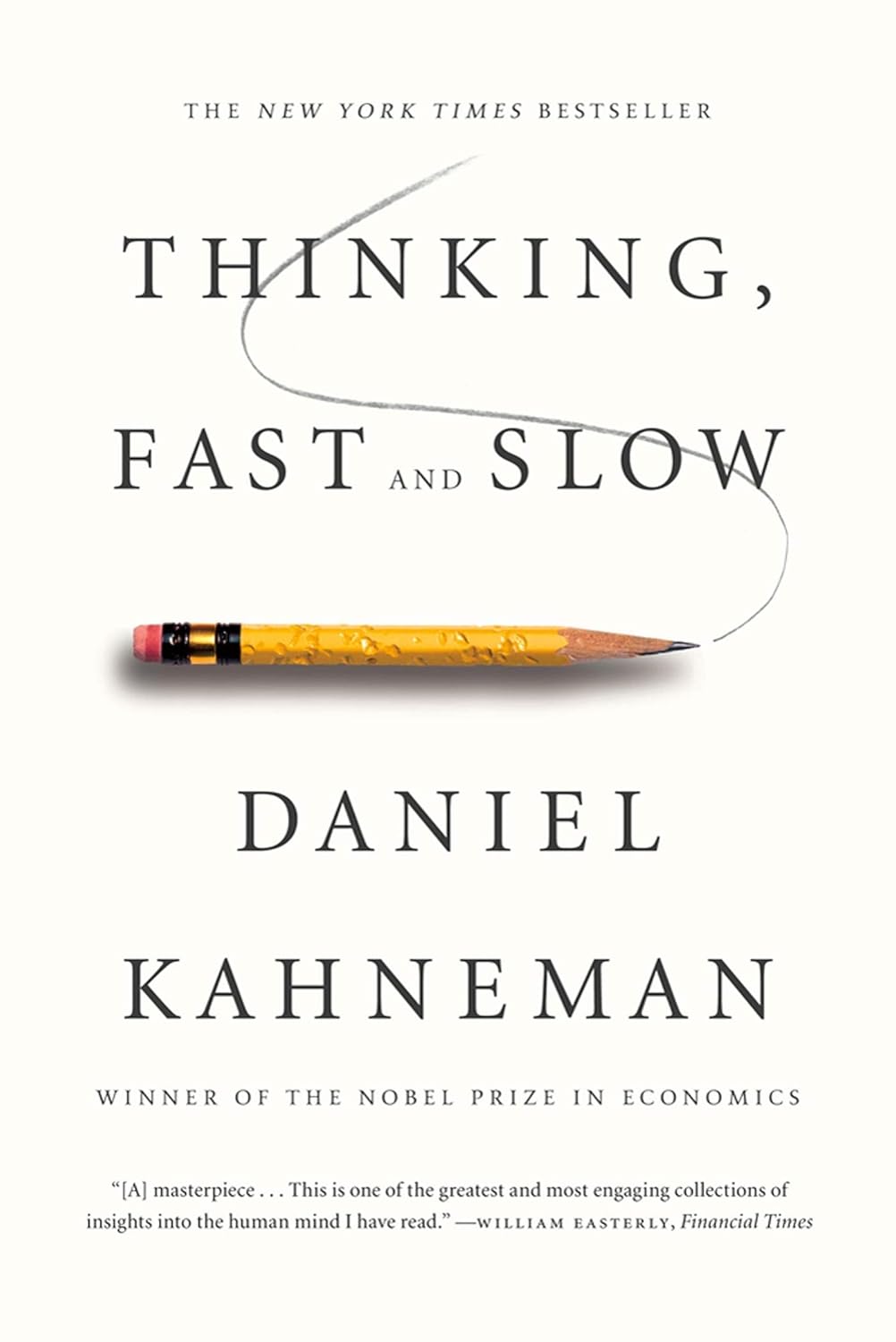










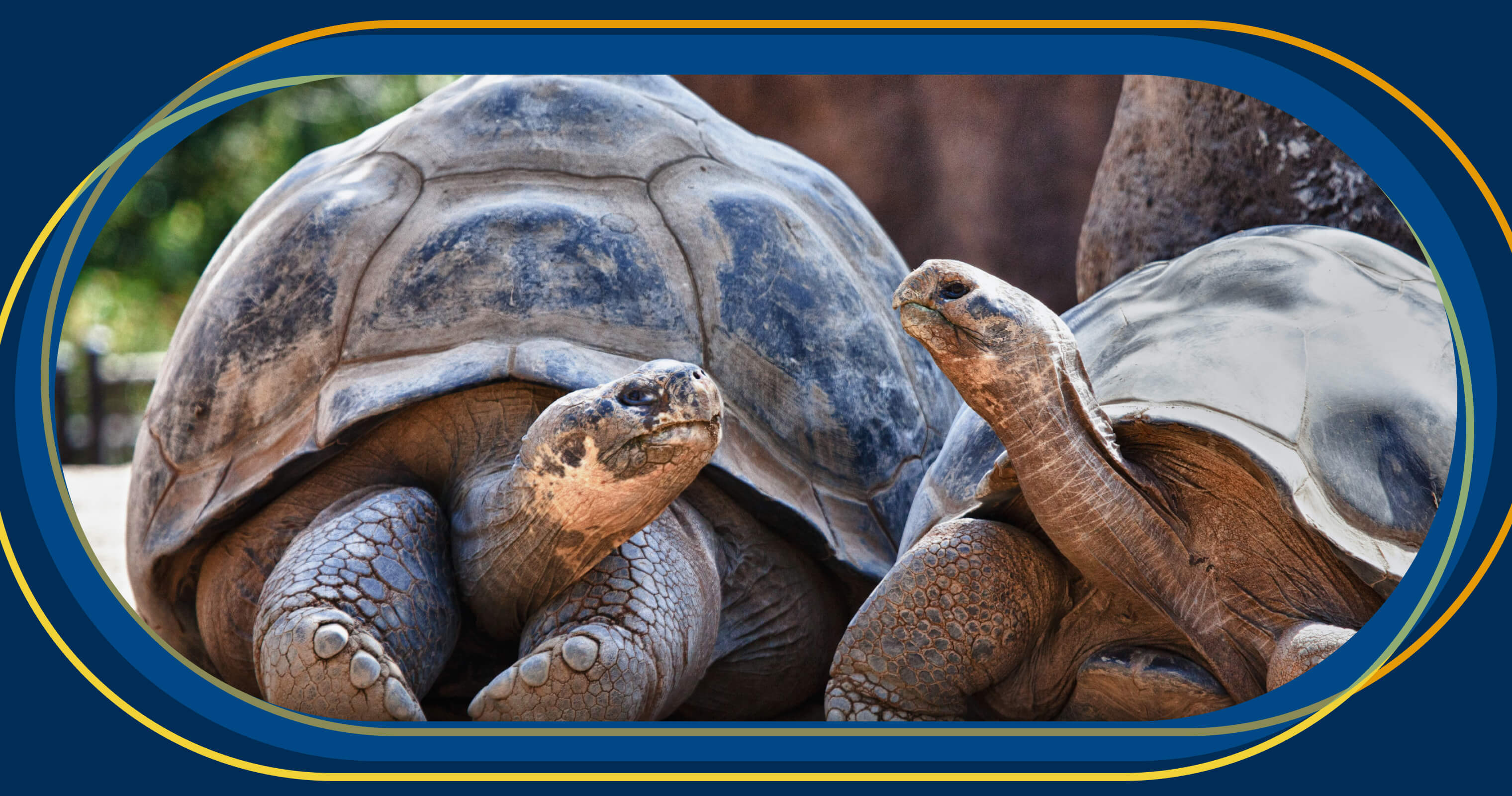









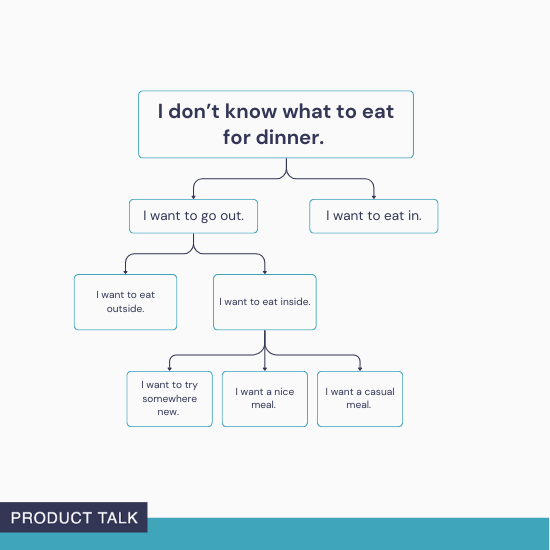












![Building A Digital PR Strategy: 10 Essential Steps for Beginners [With Examples]](https://buzzsumo.com/wp-content/uploads/2023/09/Building-A-Digital-PR-Strategy-10-Essential-Steps-for-Beginners-With-Examples-bblog-masthead.jpg)




















































